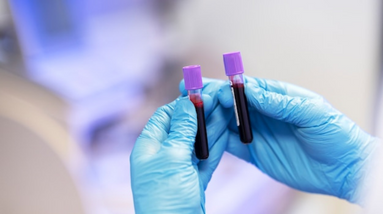
Prostate-specific antigen (PSA) is a protein produced by the prostate gland in males. A PSA test measures the amount of PSA in a man’s blood. The test is often used to screen for prostate cancer or to monitor its progression in men who have been diagnosed with the disease. High levels of PSA can also be caused by other conditions, such as an enlarged prostate, prostatitis (inflammation of the prostate gland), or urinary tract infections. A doctor may order a PSA test if a man is experiencing symptoms such as difficulty urinating or pain in the pelvic area, or if there is a concern about prostate cancer.